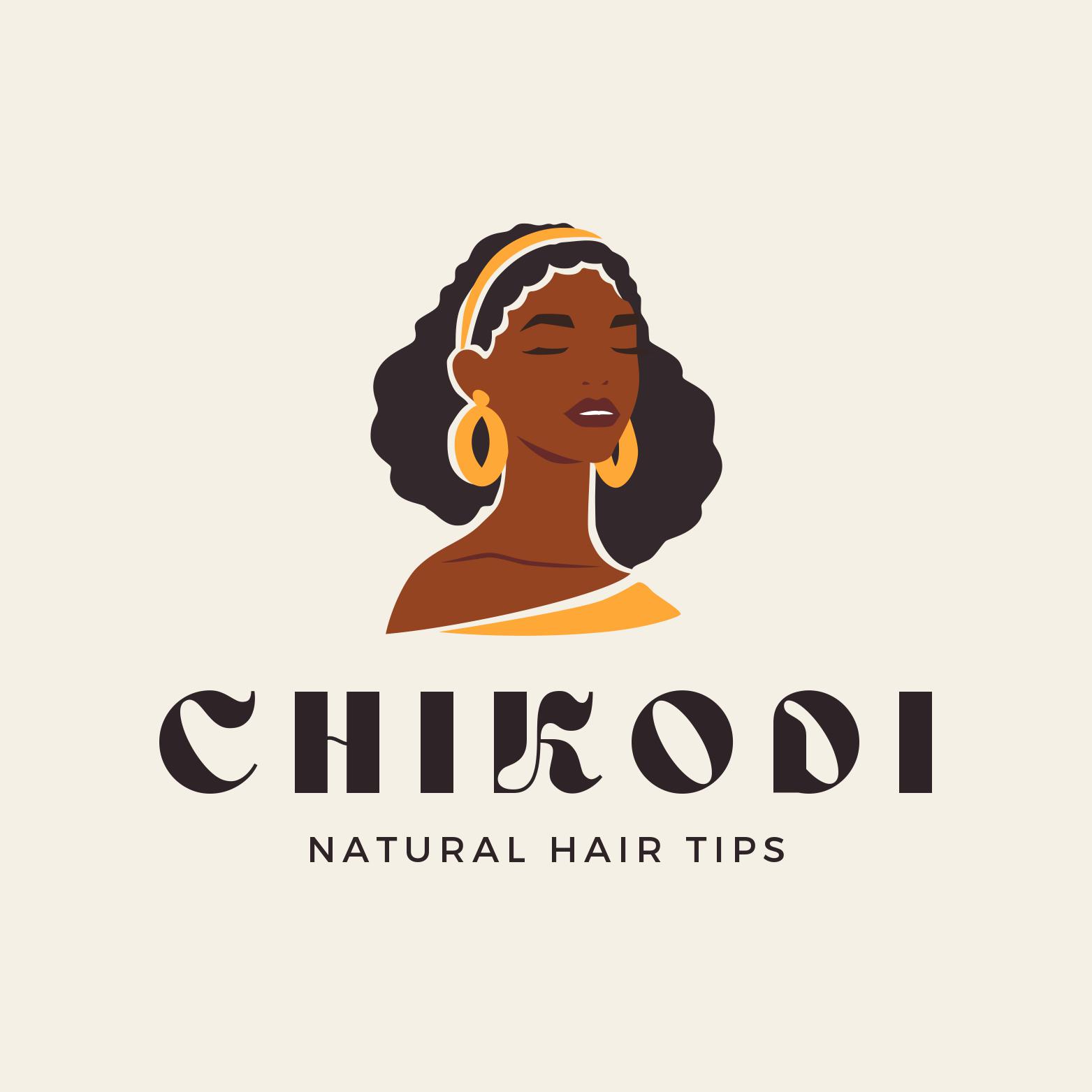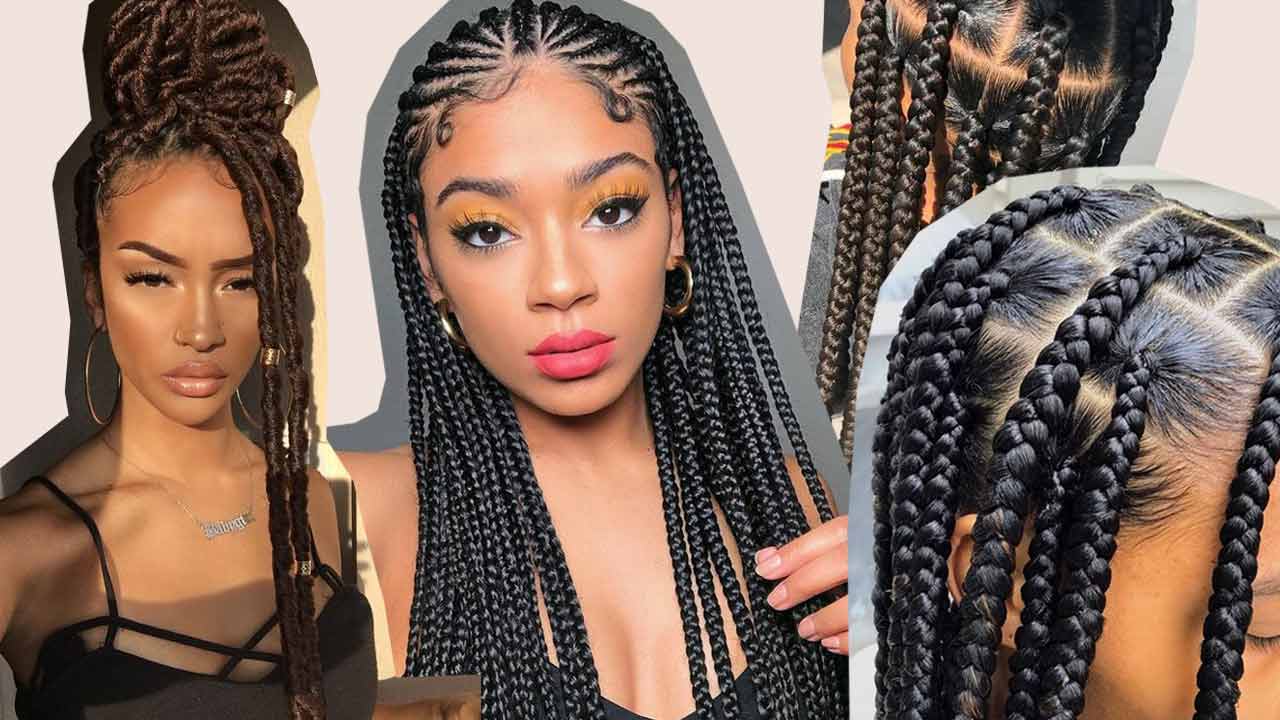Summer can be tough on your hair. Discover our top tips for keeping your hair healthy and vibrant during the sunny season
Summer presents a unique set of challenges for African hair, including natural textures like kinky, coily, and curly hair. The combination of sun, humidity, and exposure to chlorine or saltwater can lead to dryness, breakage, and frizz. However, with the right care routine, you can keep your hair healthy, moisturized, and beautiful throughout the sunny season. Here are the top tips to help you protect and nurture your African hair during the summer.
1. Shield Your Hair from UV Rays
African hair can be particularly sensitive to sun exposure, which can cause dryness and color fading. Protect your hair with these strategies:
Protective Hairstyles: Styles like braids, twists, and buns not only look great but also protect your ends from sun damage. These styles can reduce the exposure of your hair to the elements, helping to retain moisture.
Headwraps and Hats: A stylish headwrap or a wide brimmed hat can provide excellent protection from UV rays. Opt for lightweight, breathable fabrics that won't trap heat.
2. Deep Hydration and Moisture Retention
Maintaining moisture is key for healthy African hair, especially in the summer. Here’s how to keep your hair hydrated:
Moisturize Daily: Use a water-based moisturizer or leave in conditioner to hydrate your hair. Follow up with an oil, such as coconut, jojoba, or castor oil, to seal in the moisture.
Deep Conditioning: Deep condition your hair weekly with a rich, hydrating conditioner. Look for products containing natural ingredients like shea butter, avocado, and aloe vera.
Avoid Humectants: During humid weather, avoid humectants like glycerin, which can draw moisture from the air and cause frizz. Opt for products with ant humectant properties instead.
3. Combatting Chlorine and Saltwater Damage
Swimming can be harsh on African hair, stripping it of natural oils and moisture. Protect your hair before and after a swim:
Pre-Swim Rinse and Oil: Before swimming, rinse your hair with water and apply a generous amount of conditioner or oil. This creates a barrier that helps minimize the absorption of chlorinated or salty water.
Swim Cap: Consider wearing a swim cap to protect your hair from chlorine and saltwater. Look for caps designed for natural hair, which offer more space and comfort.
Post Swim Care: After swimming, rinse your hair thoroughly and follow up with a moisturizing shampoo and conditioner to remove any chlorine or salt. A deep conditioning treatment can help restore lost moisture.
4. Managing Frizz and Humidity
Frizz can be a major concern in humid weather, but there are ways to manage it:
Anti-Frizz Serums: Use an anti-frizz serum or cream to smooth the hair cuticle and reduce frizz. Look for products with silicone or dimethicone, which can provide a protective barrier against humidity.
Air-Dry or Low Heat: Minimize heat styling to prevent damage and frizz. If you need to use heat, apply a heat protectant and use a low setting.
Satin or Silk Accessories: Sleep on a satin or silk pillowcase or wear a satin bonnet. These materials reduce friction and help retain moisture, preventing frizz and breakage.
5. Regular Trims and Protective Styling
Maintaining the health of your ends is crucial for overall hair health:
Regular Trims: Schedule regular trims every 68 weeks to remove split ends and prevent breakage.
Protective Styles: Protective styles such as box braids, cornrows, or crochet braids can help minimize manipulation and protect your hair. Be mindful not to install styles too tightly, as this can cause tension and breakage.
6. Nutrition and Hydration
Healthy hair starts from within. Keep your body and hair nourished with proper nutrition and hydration:
Drink Plenty of Water: Staying hydrated helps keep your hair moisturized from the inside out.
Balanced Diet: Incorporate foods rich in vitamins and minerals essential for hair health, such as leafy greens, nuts, seeds, and fish. Biotin, vitamin E, and omega3 fatty acids are particularly beneficial.
Taking care of African hair in the summer requires a thoughtful approach to ensure it remains healthy and vibrant. By protecting your hair from the sun, keeping it well moisturized, and using protective styles, you can enjoy the season without compromising the health of your beautiful natural hair. Remember, the key is to maintain moisture, reduce frizz, and prevent damage from external factors. With these tips, your hair can thrive all summer long!








Post a Comment
0Comments